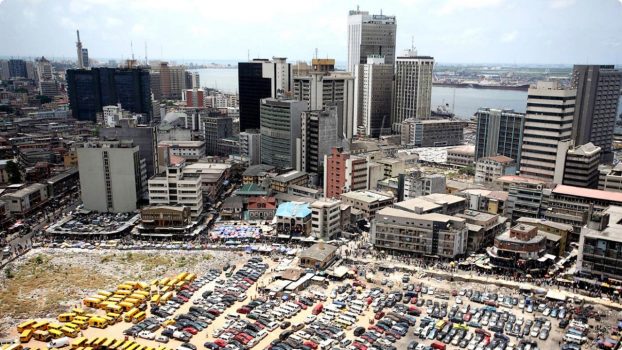 The Debt Management Office (DMO) has revealed that Nigeria’s aggregate public debt grew 12.25 percent as at December 31, 2018, totalling ₦24.387 trillion ($79.437 billion) as compared to ₦21.7 trillion posted over the same period in 2017.
The Debt Management Office (DMO) has revealed that Nigeria’s aggregate public debt grew 12.25 percent as at December 31, 2018, totalling ₦24.387 trillion ($79.437 billion) as compared to ₦21.7 trillion posted over the same period in 2017.
A breakdown of the debts showed that the country’s external debt stood at ₦7.759.23 trillion ($22 billion) while its domestic component stood at ₦16.627.84 trillion ($56 billion).
Briefing newsmen in Abuja on Thursday, the DMO’s Director General, Ms. Patience Oniha said the debt figure comprises those owed by federal, states and Federal Capital Territory administrations.
She disclosed that the share of domestic debt dropped to 68.18 percent from 73.36 percent as at December 31, 2017 thereby achieving a mix of 68.18 percent and 31.82 percent in the debt stock.
Of the total debt stock, Oniha said Federal Government loans accounted for 78 percent of the figure while states and the FCT accounted for 22 percent.
She added that the Federal Government has an external debt stock of ₦6.4 trillion while the domestic component stood at ₦17.11 trillion, bringing the country’s debt profile to ₦19.23 trillion.
Giving further breakdown, Oniha said that the Federal Government’s domestic debt stock comprised ₦331.12 billion Promissory Notes issued to oil marketing companies and state governments in December 2018.
She further noted that the government’s debt strategy of exploring external funds was achieving the expected objectives, one of which is to free more spaces for other borrowers in the domestic market.

AltBank, Partners Move To Establish AI-Driven Hydroponic Farm At FUNAAB
Central Bank Of Nigeria Cuts Interest Rate To 26.50%
Sterling HoldCo Confirms Full Recapitalisation Of Banking Subsidiaries
Nigeria’s Inflation Rate Slips To 15.10% In January — NBS